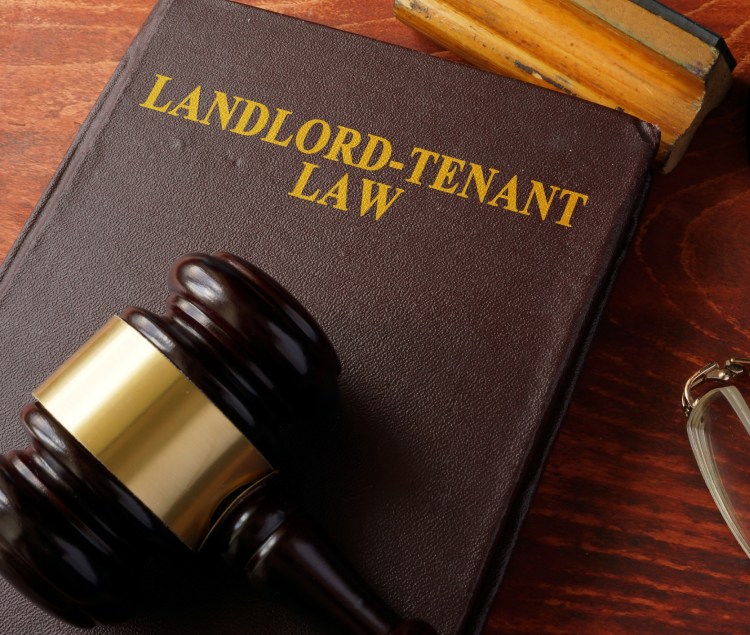Because of the COVID pandemic and the resulting state of the economy, Commercial landlords have never been faced with a more uncertain time than today. Commercial property management companies, landlords and real estate owners alike are faced with retail tenants, such as Stein Mart, JOS Banks, and others, filing for Chapter 11 protection or pursuing other insolvency and winddown options in light of their inability to pay rent. Landlords who have a significant retail tenant occupancy are understandably concerned how these proceedings impact their rights.
When a tenant seeks relief under Chapter 11 or any other insolvency proceeding, the tenant’s goal as a practical matter is to pay creditors, including landlords, as little as possible. However, there are laws and bankruptcy code provisions that protect landlords in different ways than other creditors in a bankruptcy case. In fact, these laws if applied correctly can maximize recovery for a landlord who wouldn’t expect to receive rents from a tenant in a bankruptcy case.
Within specific time frames, a tenant must decide whether it wants to assume a lease or reject a lease, i.e., whether it wants to stay in possession or vacate but will attempt to pay as little as possible to the landlord. Early in a case, tenant companies are making decisions to limit landlord’s rights to recover under bankruptcy law. As a result, as soon as a landlord realizes a bankruptcy has been filed; they are urged to immediately contact legal counsel so they can be advised of their options and action can promptly be taken to protect their financial interest.
Regardless, there are options for the landlord to consider if the tenant decides to reject a lease or otherwise decide not to continue with the lease obligation. The landlord must file claims with the Court within certain mandated deadline. These claims may have at least three components; 1) the pre-petition claim amount, 2) the rejection claim amount, and 3) the administrative claim amount. The calculation of these claims is driven by a complex set of bankruptcy rules and laws.
Similarly, if the tenant decides to assume the lease and thus stay in possession, a landlord must comply with court deadlines to assure that it is paid in full. In some regard the terms of the lease control but these terms must be construed with the applicable bankruptcy provisions. In addition, claims filed with the court must meet certain mandated bankruptcy code requirements. A landlord who does not act promptly may miss the opportunity to be paid in full.
This is an introduction to the issues a landlord must consider to maximize recovery for their equity interest holders and investors. Future articles will follow with more details on the processes available.
Camille Iurillo and the Creditors’ Rights Group at Englander Fisher routinely represent landlords in bankruptcy and insolvency proceedings. Therefore, the group is positioned to answer questions swiftly, and provide legal advice that considers sound business decisions and to meet court deadlines.

